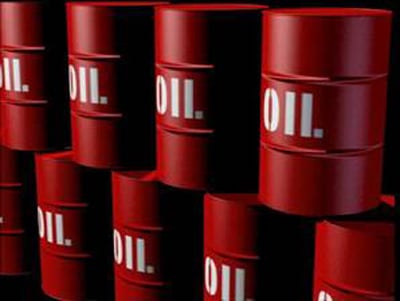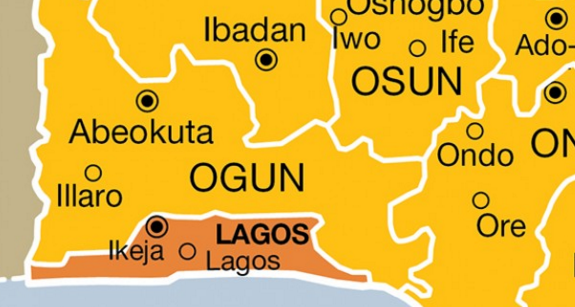Oil prices rose on Friday buoyed by expectations that demand from China will remain resilient.
Brent crude, the global benchmark for oil stood at $84 per barrel while West Texas Intermediate traded above $78 a barrel.
The latest Brent crude uptick marks a 8 percent increase from last Friday’s trading price of $78 a barrel.
Analysts told Reuters that the recent Chinese oil purchases and a recovery in road traffic, propelled confidence in the recovery of Chinese demand, after it reopened borders and eased COVID-19 restrictions, following protests last year.
Advertisement
ANZ analysts said a congestion index covering the 15 Chinese cities with the largest number of vehicle registrations had risen by 31 percent from a week earlier.
Stephen Brennock, PVM oil analyst, said traders looked forward to normalisation in China’s fuel demand.
“[Price] gains are pencilled in as traders look ahead to a further drop in Russian supply and the normalisation in China’s fuel demand,” he said.
Advertisement
“Before then, however, renewed bouts of selling cannot be discounted given the current looseness of the oil balance.”
The recent oil price is over 9 percent above the benchmark in Nigeria’s 2023 budget.
Essentially, higher prices would mean higher oil revenue for producing countries like Nigeria, but petrol subsidy still remains a conduit through which gains are eroded.
The country has set aside N3.36 trillion naira to spend on petrol subsidy till June, when the government had said it end such payments.
Advertisement
On Wednesday, Mele Kyari group chief executive officer (GCEO), said the country hopes to increase production to 2.2 million barrels of oil per day, following a streak of decline in 2022.
“We see a trajectory of restoring production, including condensate, within the year. Definitely, we believe that we can hit our target of 2.2 million bpd but our OPEC target is 1.8 million bpd, but we know that it is practical to do 2.2 million within 2023,” the NNPC boss had said.
The Independent Petroleum Marketers Association of Nigeria (IPMAN) believes that even though production is ramped up, downstream sector and subsidy issues could hinder adequate distribution of petroleum products.
Advertisement
Add a comment






